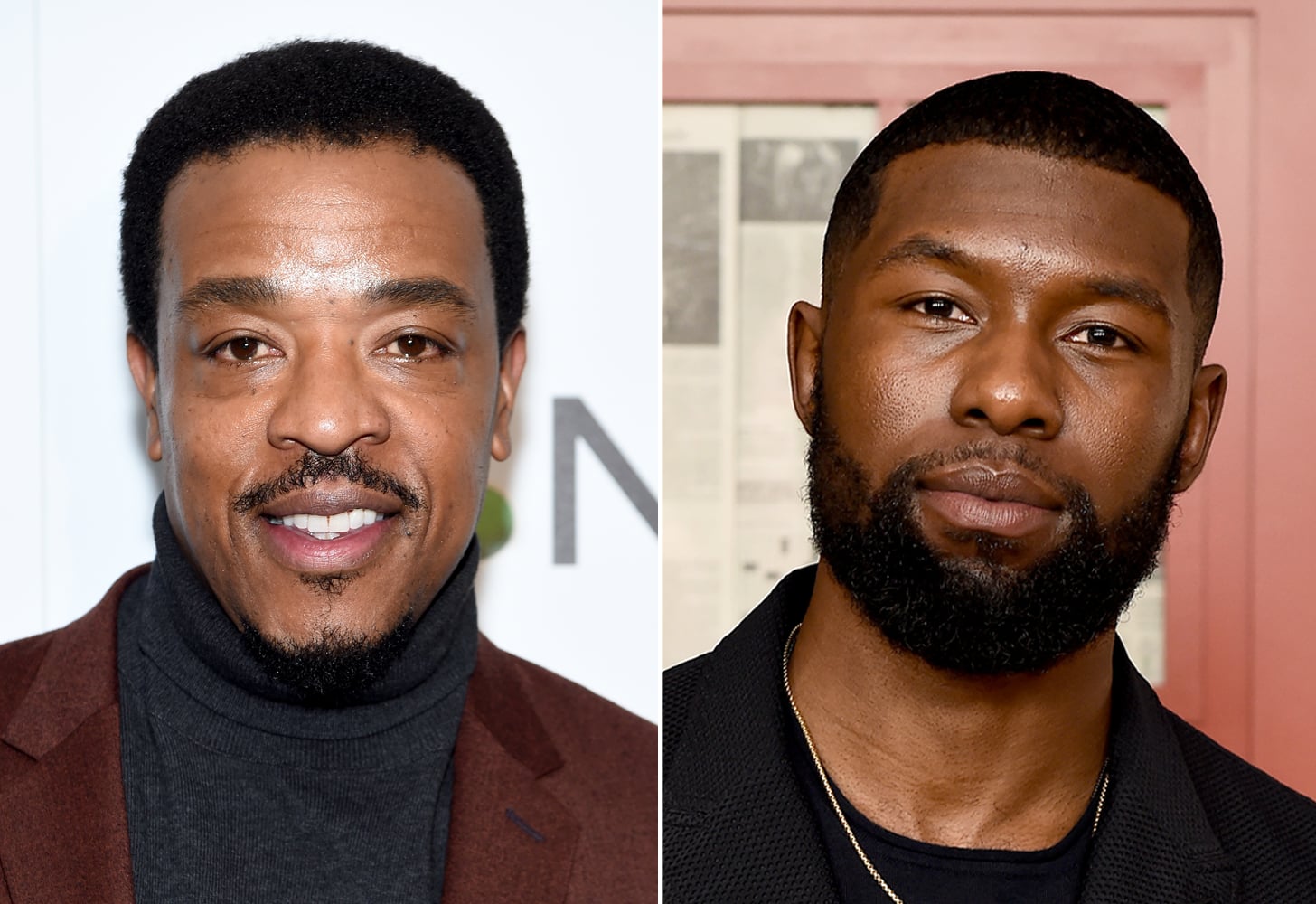
“Mike,” which premiered on Hulu on Aug. 25, tells the story of Mike Tyson, played by Trevante Rhodes. The show separates Tyson’s life into categories that also serve as episode titles: thief, monster, lover, jailbird, cannibal. Tyson has been associated, in so many words, with all of these labels during his lifetime, along with many others. To tell his story is to tangle with those contradictions — and to face off with a legacy that threatens to obscure the man at the heart of it all.
The real-life Tyson has often provoked strong emotions among the general public, from reverence to disdain. “Mike” doesn’t try to frame Tyson’s story through any particular lens, though. It’s more interested in laying the character bare and in getting to the heart of what made him who he is. Rhodes’s Tyson spends a lot of the show narrating his own life story, smiling and grimacing his way through its twists. “It’s hard to describe,” Rhodes tells POPSUGAR when asked about the process of getting into character. “You can’t really see your own head. It’s just me. I just portray one color of my perspective.”
Rhodes speaks of Tyson with veneration, almost as if talking about the act of playing him too much would betray some kind of secret. “It was beautiful,” he says of the process of becoming Tyson. After playing him, his perspective on the icon hasn’t changed. “I just have a deeper reverence for him,” Rhodes says.
“Mike” dives into his early experiences with love and violence in Brownsville, a neighborhood in Brooklyn in NYC, and explores the insecurities and desires that shaped his early career. It also addresses the fallout of some of his more troubling actions. The show’s fifth episode, “Desiree,” switches away from Tyson’s point of view and the labels he has been defined by. Instead, it focuses on an 18-year-old named Desiree, who Tyson was convicted of raping in 1992, leading to a three-year stint in jail. Tonally, the show shifts here as well, with Rhodes’s performance veering away from the charm and humor of the early episodes, becoming more abrasive and remote.
By the end of the show, Tyson — the full scope of him — is on display. Yet “Mike” doesn’t tell you how to feel about any of it and is sure to poke holes in any definitive reading of the character that emerges. That could also be said of many of the other characters on the show. As much as it focuses on Tyson, “Mike” also explores the people who surrounded and shaped him. Those people include Jimmy Jacobs, Tyson’s fatherly comanager who catalyzed his meteoric rise to fame, as well as Don King, Tyson’s morally questionable boxing promoter.
Russell Hornsby, who played another dubious boxing promoter in “Creed II,” delivers an intense performance as King in the series. “I think that the moral ambiguity is inherent in the job of promoting,” he says. “There are no villains. It’s just somebody who’s there to do a job. You try to find . . . the human qualities.” He recognizes the show’s attempt to move beyond surface-level portrayals and quick judgments, saying, “I think to the credit of the writers, we go to a deeper level with a lot of these characters in the show, Don included. You’re not left with just a surface portrayal of who these people are.”
Hornsby appreciates the show’s willingness to tangle with complexity. “We get into the grime and grit. We get to see and read some of the fine print,” he says. “If we pay attention, I think we are able to extract some real truth that we don’t ordinarily see in these shows. We’re portraying true-to-life Black characters.”
Hornsby also says he valued the electric tension he and Rhodes were able to create on screen, which builds off the actual tension between King and Tyson — who, in a 2020 episode of his podcast, “Hotboxin’ With Mike Tyson,” said, “I beat up Don King because I loved him.” Tyson, of course, was referencing the moment he confronted the promoter about the millions of dollars he was owed, leading to blows. More recently, the real Tyson has also confronted “Mike” itself, claiming that Hulu “stole my story and didn’t pay me” in an Aug. 6 Instagram post.
In the end, the Tyson saga remains as complex as ever, playing out over the headlines in real time as it has for decades. Tyson’s recent comments and past have inevitably cast a shadow over the series. But in the end, Hornsby and Rhodes do a valiant job diving deep into their characters, and it’s partly thanks to their chemistry on screen and to the devotion they give to the roles that the show is able to succeed.
“That’s what you want to be able to do as an actor. You want to be able to work opposite people who take it as serious as you do,” Hornsby says. “You work opposite people who come with their A game and their level best and they’re ready to give it. And when they do, then you can play.”
“Mike” is now streaming on Hulu.
